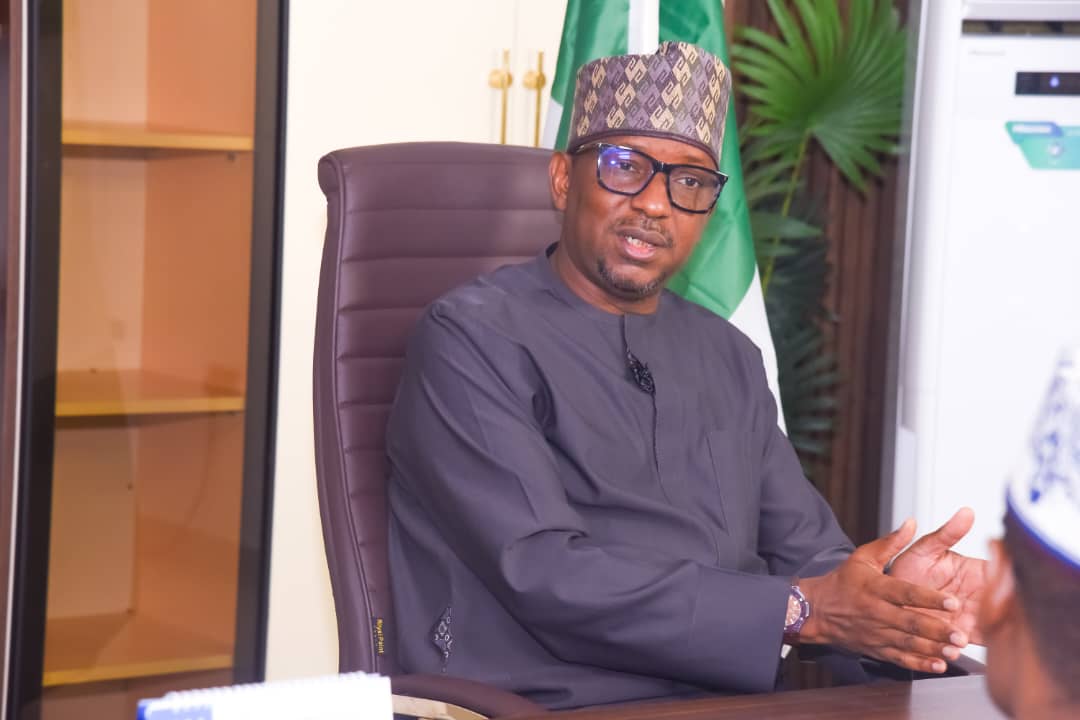 The appointment of Shehu Dikko as the Chairman of the National Sports Commission (NSC) marks a pivotal moment in Nigeria’s sports administration. A well-regarded expert with years of experience, Dikko’s leadership represents a return to professional sports management, reviving the NSC as a dynamic, expert-driven institution. This strategic shift underscores the commitment to fostering a sustainable sports ecosystem in Nigeria.
The appointment of Shehu Dikko as the Chairman of the National Sports Commission (NSC) marks a pivotal moment in Nigeria’s sports administration. A well-regarded expert with years of experience, Dikko’s leadership represents a return to professional sports management, reviving the NSC as a dynamic, expert-driven institution. This strategic shift underscores the commitment to fostering a sustainable sports ecosystem in Nigeria.
Tracing its origins to 1971, the NSC predates the Ministry of Sports, reflecting a foundation deeply rooted in professional administration. Dikko articulated the need for this return, emphasizing that the civil-service structure of a ministry often lacks the flexibility and specialized expertise essential for managing sports as a complex, economic-driven industry. The commission now operates as a professional body, where only sports experts and enthusiasts lead the charge. This structure not only eliminates bureaucratic bottlenecks but also positions the NSC to attract top talent and implement innovative solutions.
Under Dikko’s stewardship, the NSC envisions transforming sports from mere recreation to a robust economic driver. He enunciates a clear roadmap centered on three pillars: recognizing sports as a national asset, enacting enabling legislation, and investing in infrastructure.
“Our mandate is to unlock the potential of the sports economy in Nigeria,” Dikko explains. His vision is expansive, aiming to position sports as a significant contributor to Nigeria’s GDP, create millions of jobs, and establish a thriving value chain that encompasses textiles, footwear, tourism, and more.

Central to this vision is grassroots development. Dikko advocates for a pyramid structure that nurtures talent from primary schools to professional levels. By reinvigorating school sports, university games, and establishing centers of excellence across the six geopolitical zones, the NSC aims to create a pipeline of athletes equipped to compete globally. He also underscores the importance of academies as complementary hubs for talent development, ensuring a steady stream of skilled athletes for national and international competitions.
Dikko is acutely aware of the infrastructural challenges plaguing Nigerian sports. His strategy involves not just building state-of-the-art facilities but also instituting robust maintenance frameworks. Moreover, he emphasizes leveraging public-private partnerships to manage facilities efficiently and ensure they operate as revenue-generating hubs.
He draws inspiration from international successes, such as the English Premier League, where strategic government investment yielded substantial economic returns. His vision includes replicating such models in Nigeria, and transforming stadiums into multifunctional complexes with ancillary facilities like hotels and shopping malls.
Dikko also acknowledges the dominance of foreign sports content in Nigeria, which has overshadowed local leagues. To counter this, he advocates for deliberate policies that promote domestic sports. For example, the NSC is working to enforce laws requiring broadcasters to pair foreign sports content with local programming. This approach aims to rekindle interest in Nigerian leagues and ensure equitable distribution of advertising revenue.
As the NSC charts a new course under his guidance, the future of Nigerian sports shines brighter. With Shehu Dikko at the helm, Nigeria is poised to harness its abundant talent and resources, creating a thriving sports ecosystem that benefits athletes, fans, and the nation at large.





